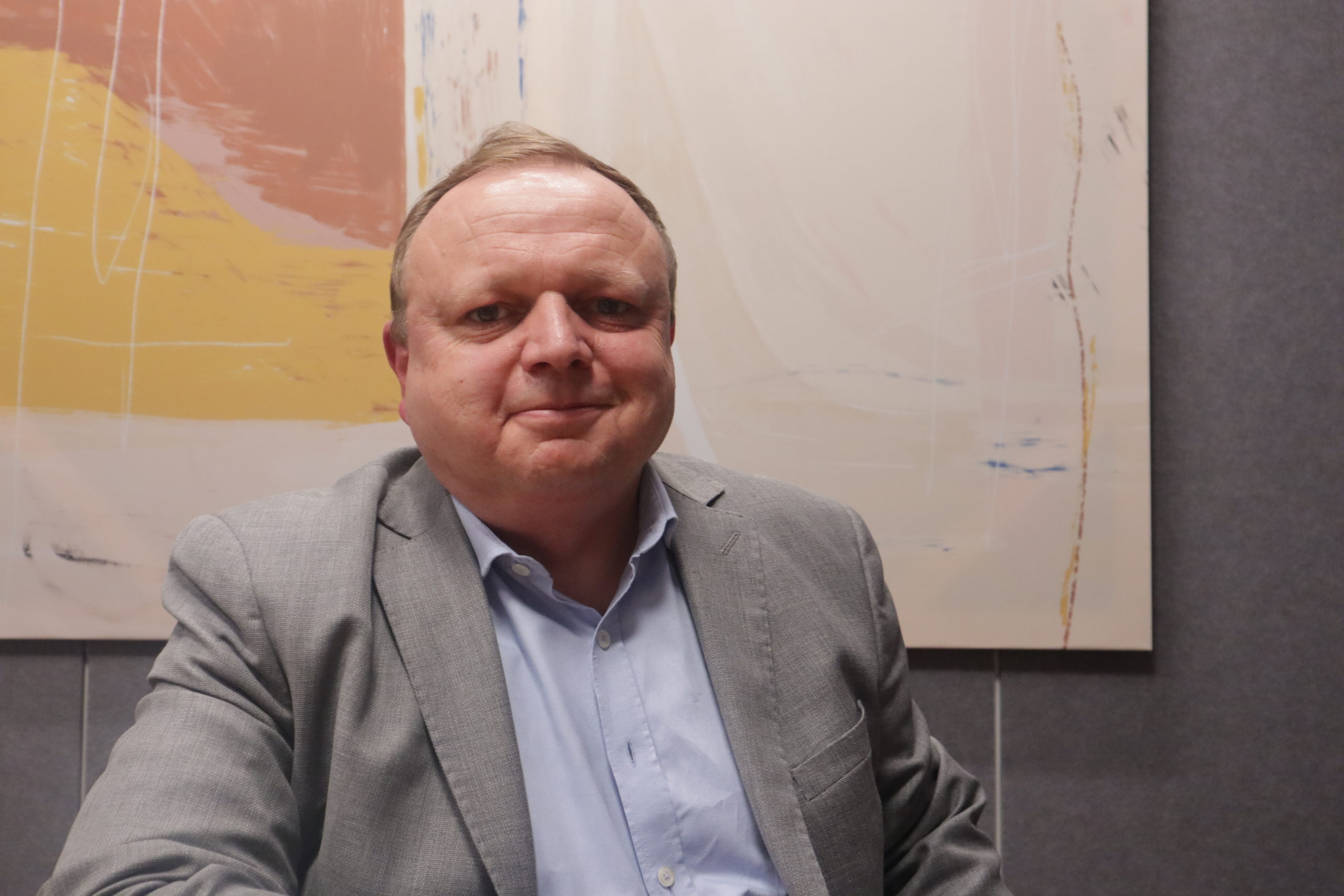Theme: "Project mode in the Finance function: best practices and possible scope of intervention
Summarized written interview | Finance Department
As a former CFO in a company and now an interim manager in this field, what is the most characteristic feature of a project compared to the traditional CFO functions?
In my opinion, the typical project has several characteristics:
- First, a notion of novelty. It is something new in the company whatever the type of project, whether it is organizational, IT or legal. The projects are innovative in comparison to the current situation and require a tailor-made treatment. This is not the usual practice.
- Then, a project must have a very precise objective to reach but also a notion of temporality: we start from point A and we want to arrive at point B in a precise time: one of the important keys of the project is the respect of the schedule.
- Finally, I would say that many projects are multi-dimensional and therefore need to benefit from the contribution of the different functions of the company. The key to success in this area is sharing the goal and coordinating all stakeholders. No one can succeed alone.
How is a project structured in general?
A project has 5 phases:
- Design: the project starts with the identification of the objectives to be reached: precision, sharing of ambitions and coherence, but also and above all, which organization will be able to achieve it! Naming the Key people and determining “who does what
- Planning: the more complex the project is, either from a technical point of view or because of the number of stakeholders, the more detailed the planning must be
- The execution: with a specific organization, and a governance which must be implemented: steering committee, intermediate evaluations and receipts of the achieved…
- The closing: which corresponds to the achievement of the objective. The project must have a materialized end.
- The assessment : which allows, afterwards, to evaluate the complete achievement of the objectives of course but also the whole project process. This step is important because the company has to launch various projects all the time and it must learn from its experiences to be efficient in its new projects.
Can you present some of the project approaches you have had to lead in recent years, specifying the issues they represented and the result that was obtained?
The first one was in 2022, as part of a 6-month transitional management mission, I intervened to pilot the PPA project of SUEZ Recycling and Recovery France. The PPA (Purchase Price Allocation) is a mandatory process, in application of IFRS, to allocate as much as possible the goodwill resulting from the Veolia/Suez transaction which led to the creation of the new Suez Group on January 31, 2022. This involves revaluing each of the group’s opening balance sheet items. For this process, Suez has entrusted a specialized firm with the overall calculations of the PPA, but needs a project manager for the scope of the RV France entity (Recycling and Recovery) both to coordinate the action of this firm with all the internal stakeholders (various financial departments, human resources, shared accounting centers) and external stakeholders (real estate experts) and also to carry out work and analyses on the opening accounts. One of my assets in managing this project is my knowledge of the business sector and therefore of the nature of the elements that make up the balance sheet. So I know, without disrupting the services, what I need to analyze and how I need to do it. By respecting the schedule that had been set for this mission, I carry out the work and coordinate those of the other parties involved in a logic of rigor and simplicity to avoid that the result obtained generates later complexities for the teams that will be in charge of monitoring the impacts integrated into the IFRS accounts over time, without posing a problem at the time of the audit of the statutory auditors. The elements of success for this project are: a focused objective, coordination and programming, and pragmatism.
Second example of a project, in 2019 and 2020, I am piloting the restructuring project of the company Thirty Five Notaries. It is a group of notary offices in Ille et Vilaine. The objective is to replace the old form of legal structure by a new one in order to optimize the fiscal, legal and financial functioning and to favor future external growth projects. The main challenge is to make it possible and to coordinate the obtaining of an important financing of the structure, with the legal and fiscal evolutions affecting both the structure and its associated notaries, all in a very limited time frame of 3 months. My priority is to obtain a bank agreement, and I establish the strategic plan and the business plan of the company, which I have the partners validate. It’s a bit of a revolution in the company to have a strategic plan! Then, I present these elements to the 3 prospective banks. At the same time, I am working with the advisors (lawyers and accountants) to validate the scheme, in terms of compliance, and to implement it. The project manages to be implemented within the planned time frame and results. The elements of success of this project are: a well-targeted objective, a good coordination, but above all the care taken in the careful presentation of a realistic and secure project when applying for funding.
How can an interim manager contribute to the success of projects?
First, the success of the project, especially when it is complex and multidimensional, depends on the investment of those who will have to implement it. Appointing an interim manager to lead a transformation project ensures that, unlike an existing manager, he or she will be totally focused on the implementation and success of this project, and not absorbed by his or her usual missions.
Secondly, the transition manager has the advantage of not being a stakeholder in the organization of the company, everyone knows that he or she is just in charge, for a limited period of time, of achieving a specific objective. This gives him neutrality and eliminates “role playing and posturing” in the relationships he will establish with all stakeholders.
The manager also has an external viewpoint and skills and experience from other positions or missions that he or she has held in different environments, which is an asset for enriching the project with new ideas and identifying any risks or obstacles related to the project.
He will also have the technical support of his referent within the interim management firm to which he belongs, who is often experienced in project management.
Finally, beyond the technical aspects, project management requires, among other things, organizational, modeling, pedagogical and even negotiation skills.
Some interim managers have extensive experience in managing complex projects and can, better than internal resources, respond to these specific and important issues for the company.
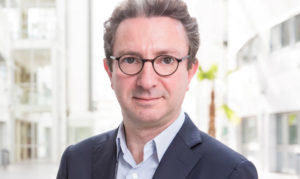
How to digitalize a marketing department? Video interview Martial Delpuech
Written interview summarized | Digitalization marketing direction What is the digitalization of a marketing department? Digitizing a marketing department means above all: delivering a better customer experience that has a
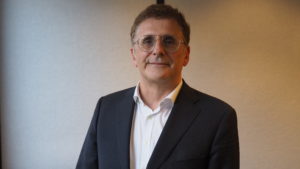
Air transport and tourism in a post-Covid economy? Video interview with Gilles Ringwald
Summary of the written interview | Air transport and tourism What impact has the Covid crisis had on air transport, and more widely on tourism? The impact on these sectors

The sectors of activity in Nantes, the job market
Companies are particularly dynamic in the Loire Atlantique region. In 2020, nearly 11,000 companies were created. Nearly 60,000 companies will be located in Nantes in 2021. The sectors of activity
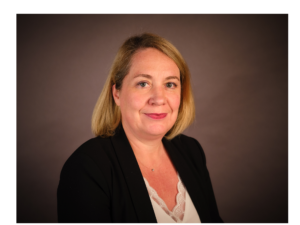
Feedback on the successful transformation of a textile company : Françoise Saget | Video Interview Nathalie Varenne-Meyer – General Manager
Written interview summarized | Digital Business Transformation What has been your main focus upon taking over as CEO in 2019? I would say that it is not really a construction
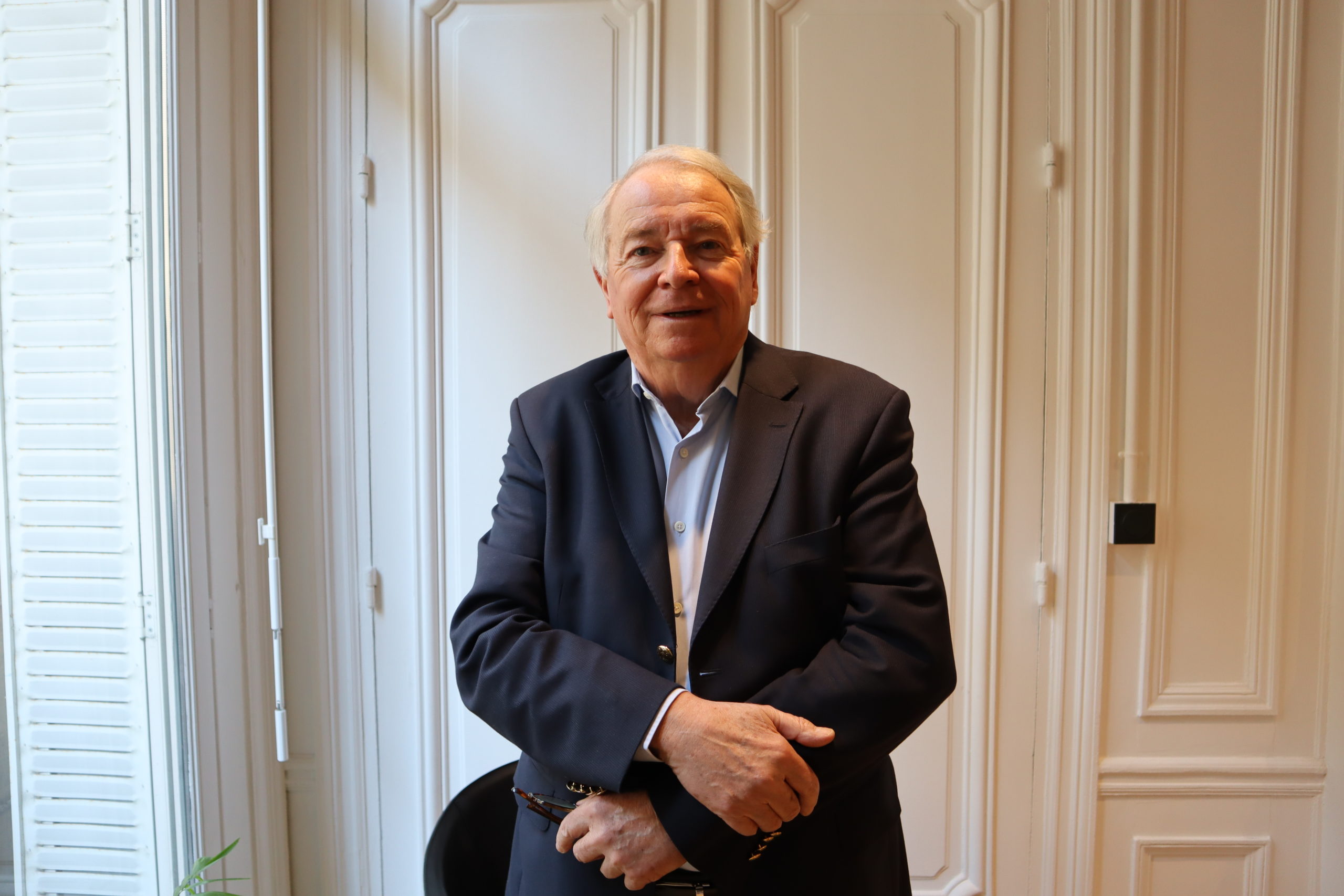
The impact of the crisis on the HR function | Video interview with François Serizay – HR Director of large industrial groups
Written interview summarized | Covid-19 crisis and HR function What has been the impact of covid-19 on the HR function? Being totally out of covid, we all hope, we will

Advice from a General Manager on managing teams | Video interview with Roland André – Executive Vice President of Docapost
Summarized written interview | Team management Management: what are the keys to making a company work? I think there are 3 keys, the first is sense/trust. Confidence is meaning because
